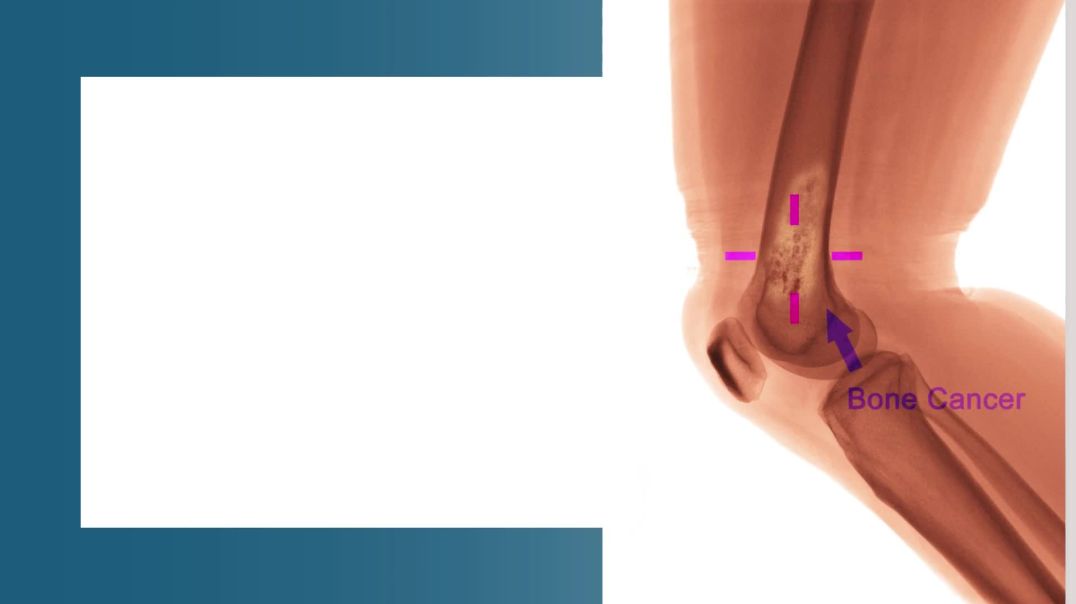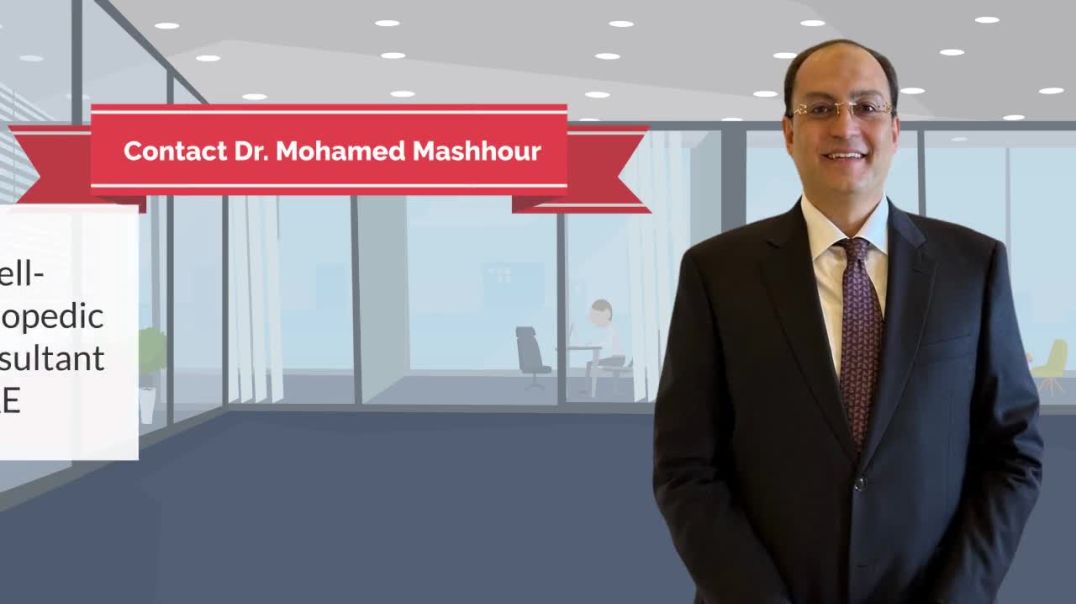3 Views· 06 September 2022
When Should You Be Screened For Colon Cancer?
When Should You Be Screened For Colon Cancer?
There is big news today about Colorectal cancer, the second leading cause of cancer death.
Colon cancer, when caught early, is one of the most treatable and curable cancers.
⏩ Timestamps
00:00 Intro
00:30 When Should You Have Colon Cancer Screening?
01:58 Why are More and More Younger People getting it?
02:57 Disproportionate Impact on Black Adults
04:12 Colon Cancer Screening
05:36 Are you at Increased Risk for Colon Cancer?
06:49 Ending
Mentioned Video:
Beetroot Benefits: https://youtu.be/ZJZ6UBVKmdY
In the US, about 52,000 people die from it every year. And that number is trending in the wrong direction. More and more younger people are getting it. As of right now, 10% of cases are in people younger than 50. So today, the US Preventive Services Task Force changed the recommended age to start screening for colon cancer from 50 to 45. So the USPSTF joins the American Cancer Society in recommending screening for adults between the ages of 45 to 75.
This is a recommendation for the general population, a wholly separate category from those genetically determined to be at high risk of colon cancer. Those people will need screening at an earlier age or more urgent basis. This also includes people who have a prior diagnosis of colorectal cancer or a history of colon or rectal polyps.
The task force also recommends selective screening for those aged 76 to 85 years based on individual circumstances. So far, based on screening starting at age 50, for every 50,000 colon cancer deaths, 1,250 deaths are avoided. By dropping it to age 45, you’re looking at avoiding 1,300 deaths. So going from age 50 to age 45 saves an additional 50 lives.
Why are more and more younger people getting it? There are ongoing studies, and this is a huge topic. Although not yet proven, there is a lot of evidence that points to the Western diet. This means people who eat primarily processed food, especially processed meat, which contains nitrates. Nitrite consumption can lead to N-nitroso compounds (NOC) formation, some of which are carcinogenic.
But it’s not just processed meat. Processed food, in general, means low fiber and high amounts of added sugar. This is a recipe for chronic disaster and not just for the colon. I’ll come back to this in a bit. And just to be clear, nitrites are bad. Nitrates are good.
Colorectal cancer rates are far higher amongst Black Americans: 20% more likely to be diagnosed with colon cancer than white people, and 40% more likely to die. Is it because of diet? Is it genetics? Lower screening rates? All of the above? This is still an unknown, with more research needed.
In 2017, the US Multi-Society Task Force on Colorectal Cancer recommended that screening begins at age 45 in African Americans and is 50 in other groups. Chadwick Boseman, the star of Black Panther, died of colon cancer at the age of 43. He was diagnosed at age 39, back in 2016. At that time, it was already staged III, meaning it had already grown through the colon wall.
The prognosis is so much better if you catch it at an earlier stage. So his case highlights why it's so important to have these new guidelines because we have to get ahead of this alarming trend.
By the year 2030, colorectal cancer is on track to nearly double in people under 50. And by 2030, it’s projected to be the leading cause of cancer-related deaths in ages 20 to 49.
Is it better to do a colonoscopy or a stool test when it comes to colon cancer screening? First, you must talk with your health care provider about which is best for you. A long, flexible tube with a tiny light and camera at the tip is interested in your rectum during a colonoscopy.
It’s like they had no idea that Dr. Smith was in there looking at your entire colon and rectum. And looking for polyps, which in some cases lead to cancer. Colonoscopy is the gold standard for colon cancer screening, and there are few risks associated with the procedure.
But can you be screened without having a colonoscopy?
A stool DNA test called Cologuard is an easy-to-use screening test that can be done at home. You collect a stool sample and send it off with your friendly mail carrier.
And boom. You’re done. This test is safe and poses no risk.
But, it is slightly less sensitive than colonoscopy when it comes to finding precancerous polyps. So, about 1.5 people out of every 20 will have a false positive. They will have a positive result, but no cancer or polyps found when they eventually have a follow-up colonoscopy.
Doctor Mike Hansen, MD
Internal Medicine | Pulmonary Disease | Critical Care Medicine
Website: https://doctormikehansen.com/
Doctor Hansen's Courses: https://doctormikehansen.com/courses/
Contact and Social Media Links: https://doctormikehansen.com/contact/
#coloncancer #cancer #colonoscopy



























0 Comments